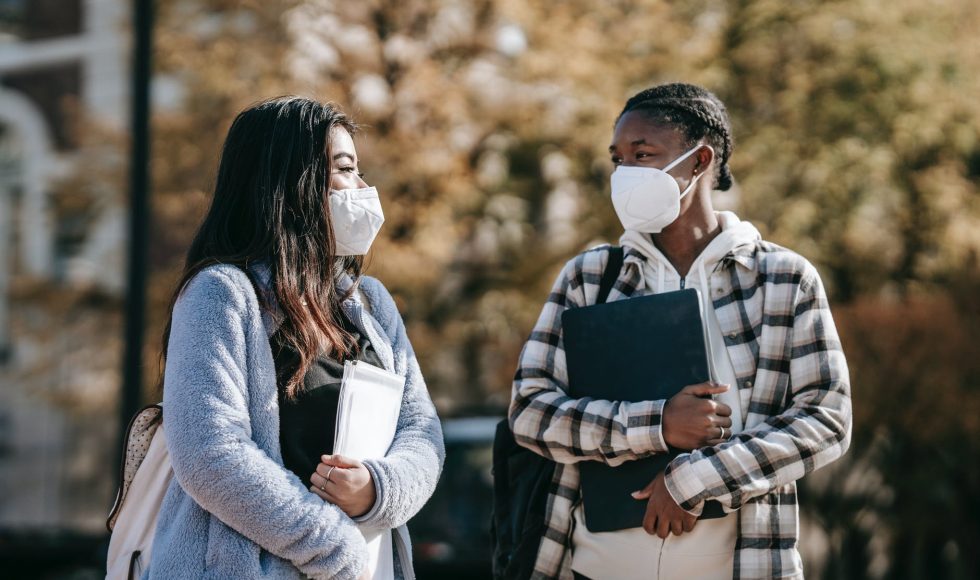Spring break 2020 will be remembered in higher education for an abrupt transition to emergency online instruction. Most of us had to make changes to our course structure and delivery that impacted the student learning experience. While there have been numerous presentations about what instructors did and learned, I’ve heard of few surveys of student attitudes. Another recorded session for the 2020 Lilly Conference online I watched summarized sixty student interviews from six different institutions and highlighted challenges for students in connecting with each other, engine with content and instructors, and self-paced work. Tonight, I watched Natalya Shelkova from Guilford College present along with colleagues Katsiaryna Bardos and Linda Hughen. They are all faculty teaching in business schools and decided to survey students on their attitudes towards online instruction. They reviewed studies comparing online and face-to-face education. This includes some studies showing no difference between formats while others do show differences. For their study, they focused on surveying student attitudes at a medium-sized private university. Twenty six questions combining open-ended and Likert scale questions were asked using a Google Form. Questions included perception of learning, what did they like… and social interactions. Their response rate was about 8.1% and I did not see the total number of respondents. It did seem to be in the 150 range. Students liked the flexibility, convenience, and ability to work at their own pace of online courses. Nevertheless, online class meetings and nothing were the top responses for the question which aspects of online education contributed the most to your learning. Students mentioned struggling with lack of interaction and focus. Some mentioned the difficulty of asking questions and building a relationship with instructors. For in-person education, students liked interaction, direct contact with instructors, and that it was easier to pay attention. Students cited lack of a quiet space to study and distractions at home. Interestingly, 92% reported that they would not prefer to go to a four-year online university after the spring 2020 experience. Students perceived they learned more in person and with in-class exams. Students agreed that their grades were higher in online courses. Students appreciated narrated slides and online homework! While it may seem students do not enjoy online education, I do think this study does help us plan better online components for blended courses to truly leverage the in-person social interactions.



